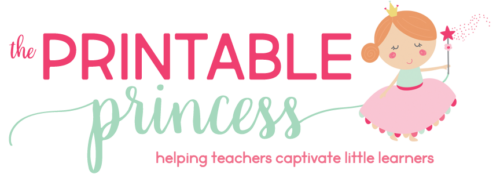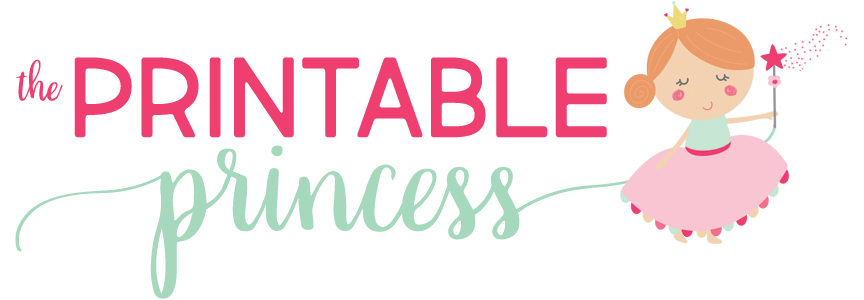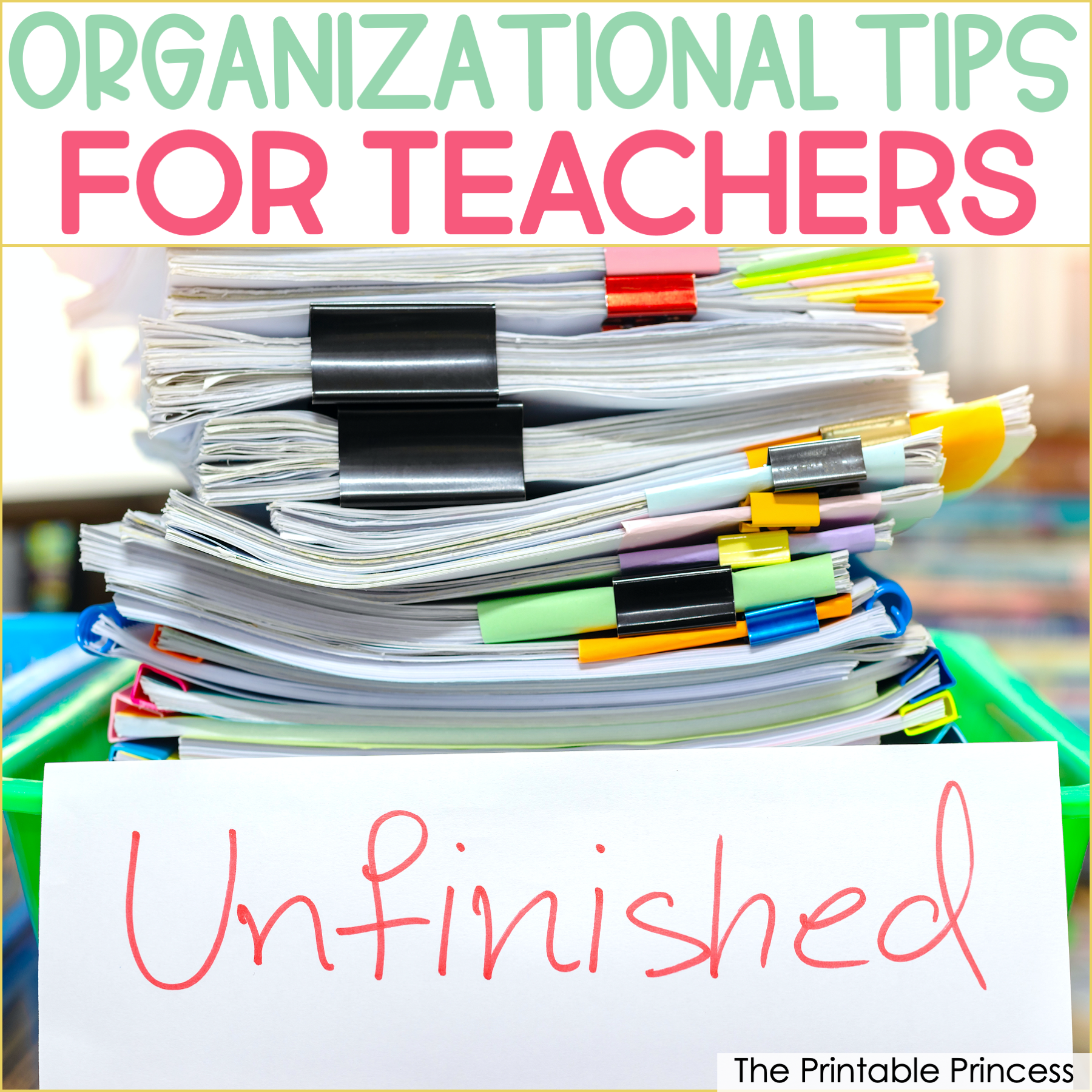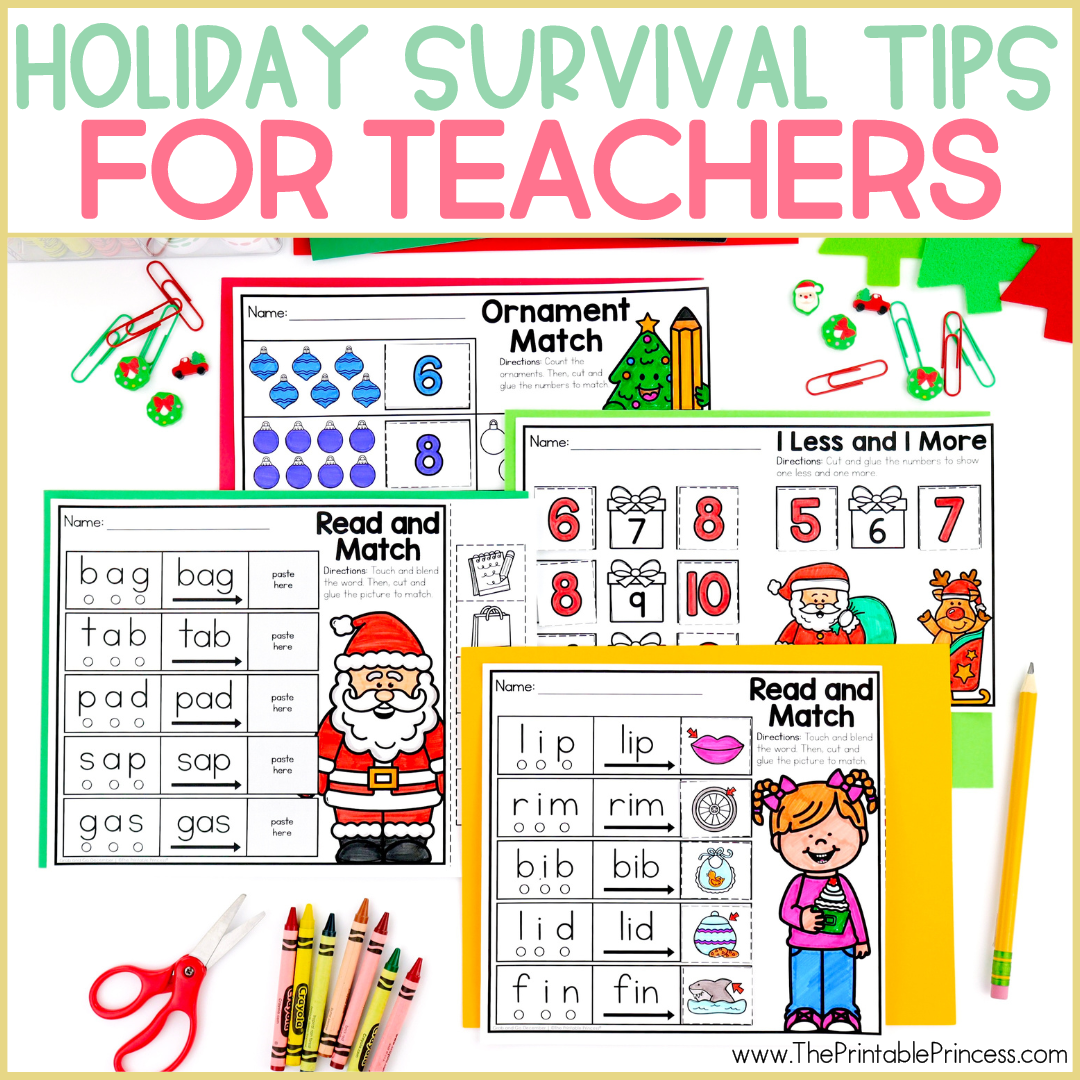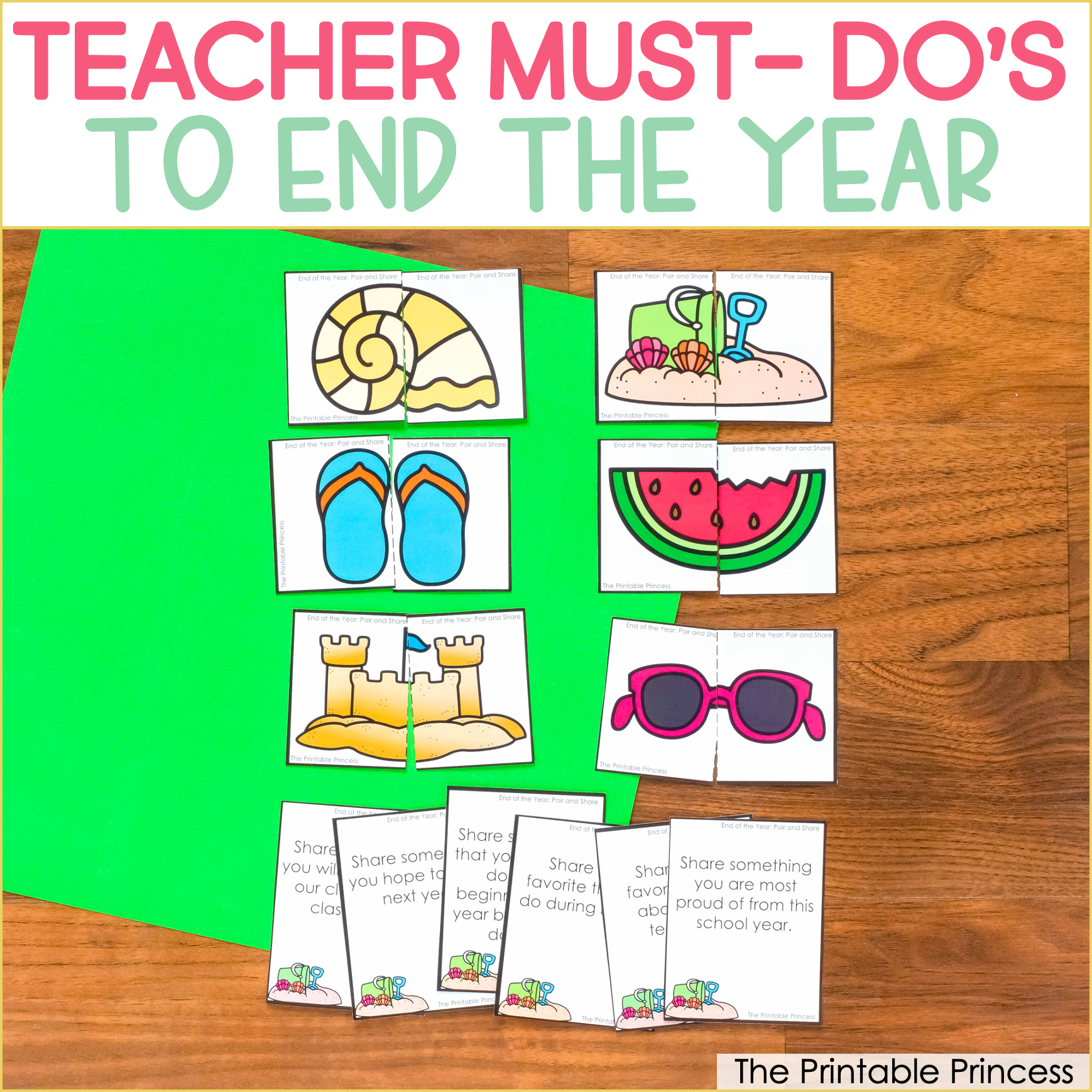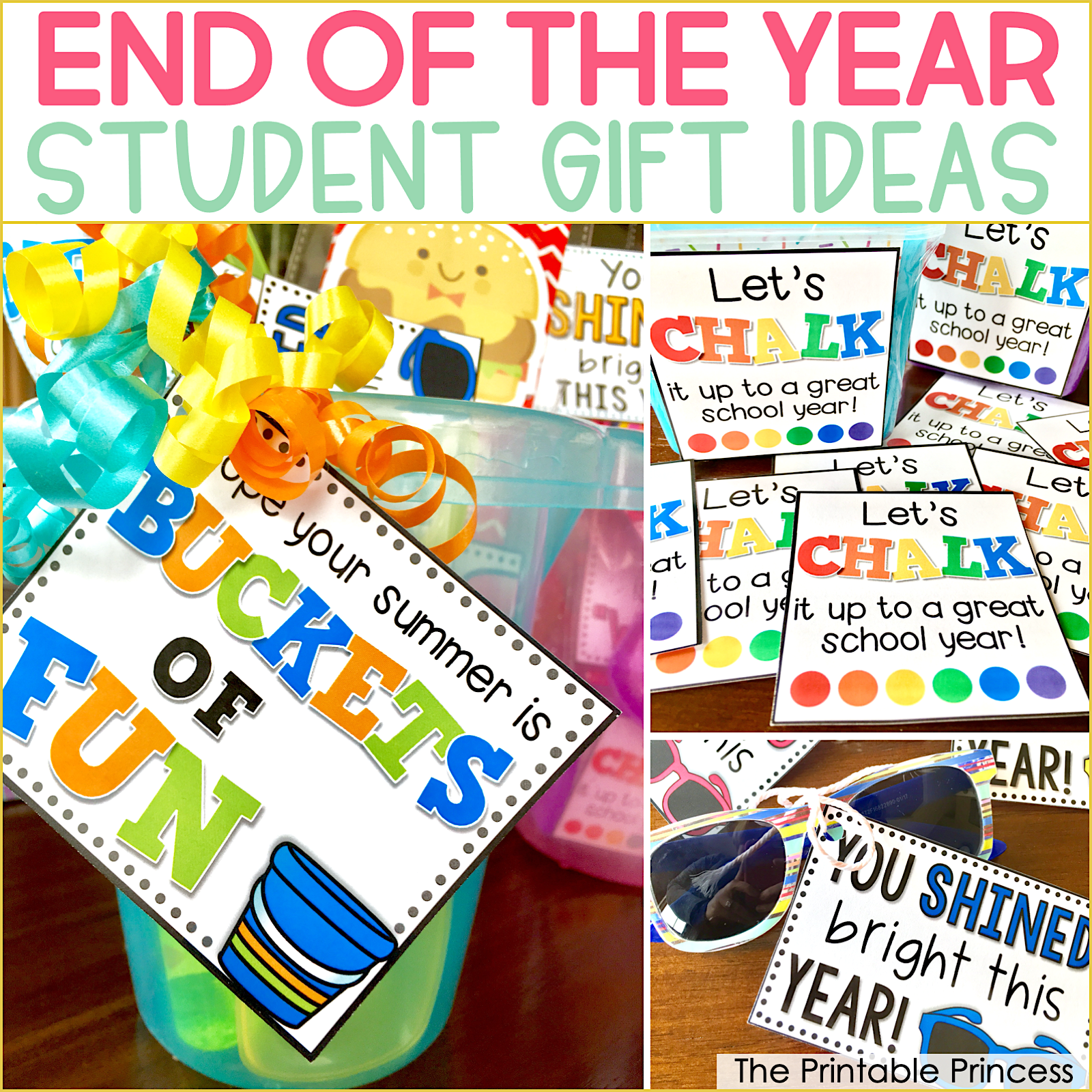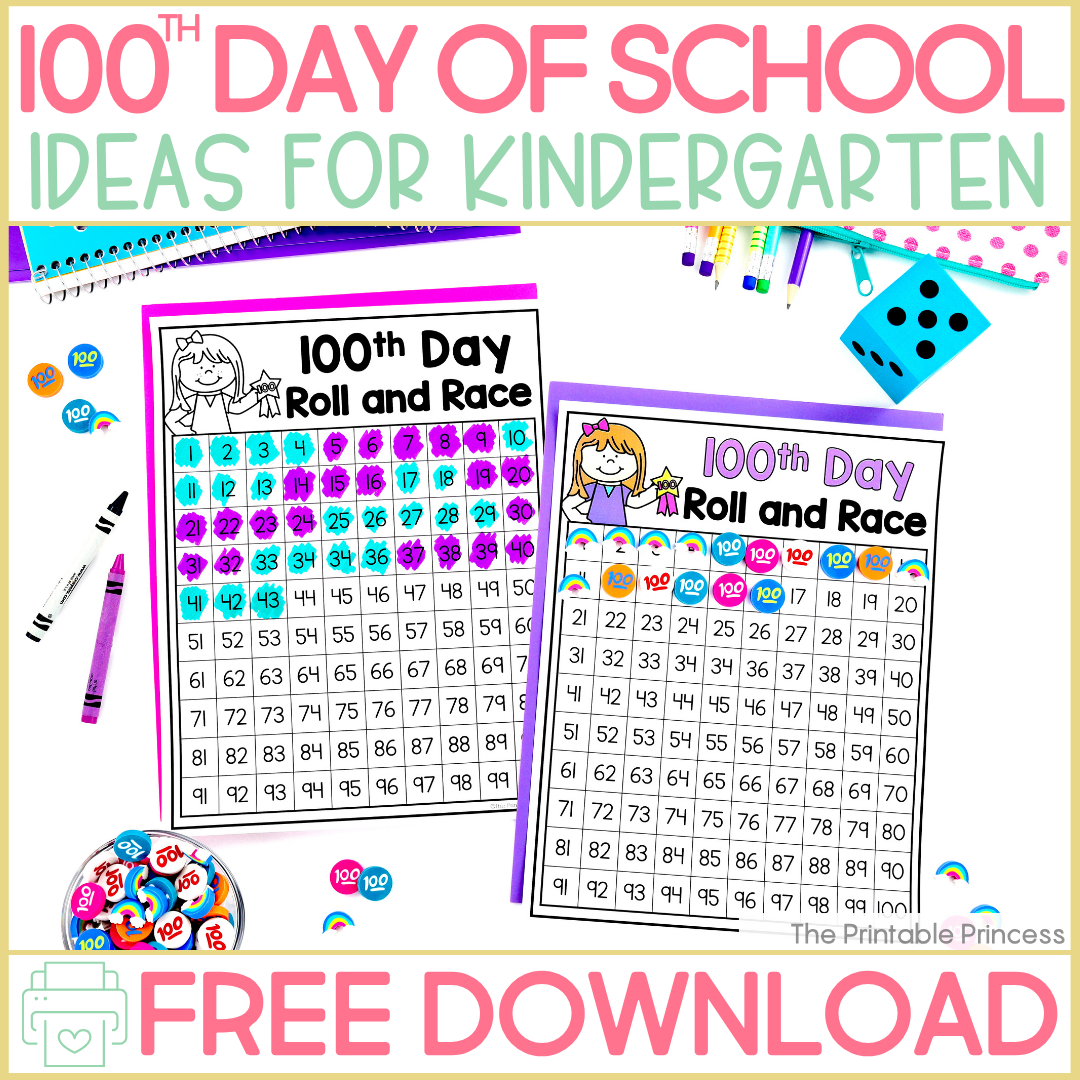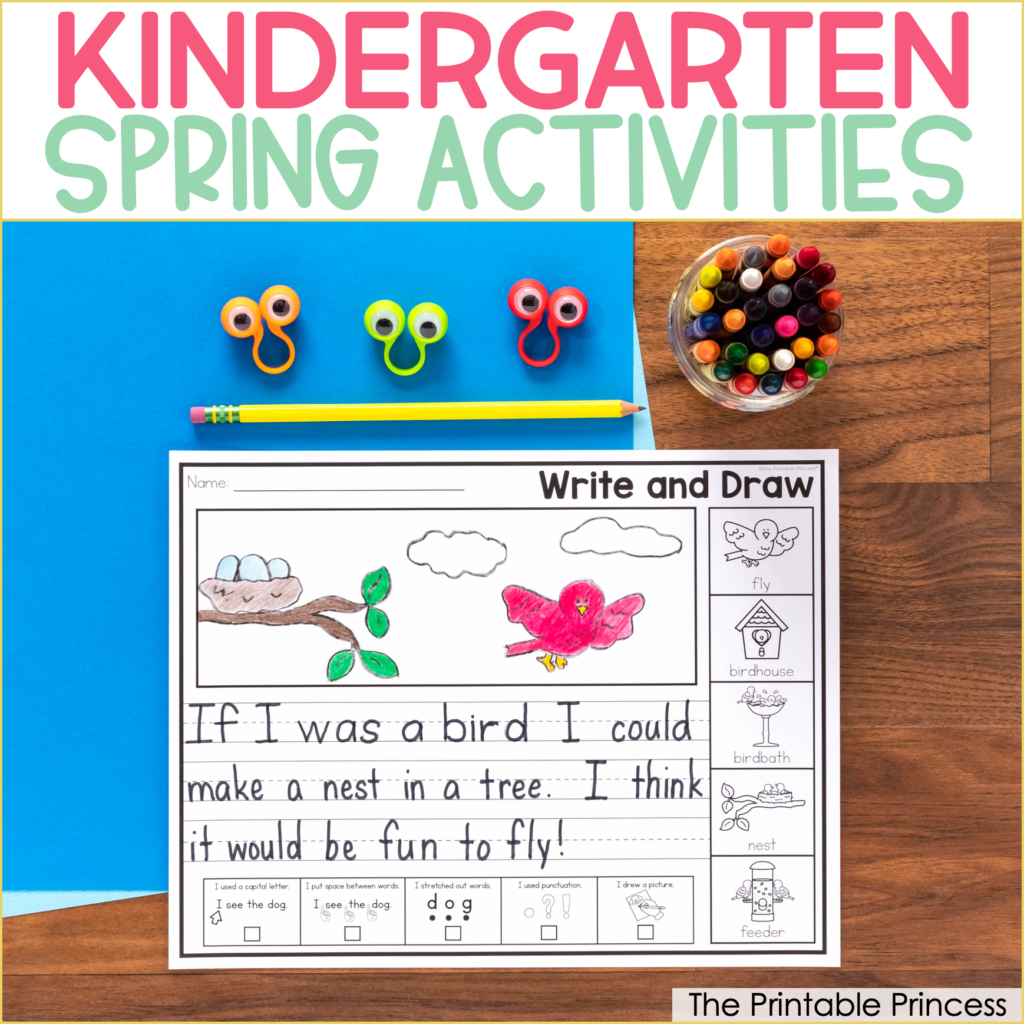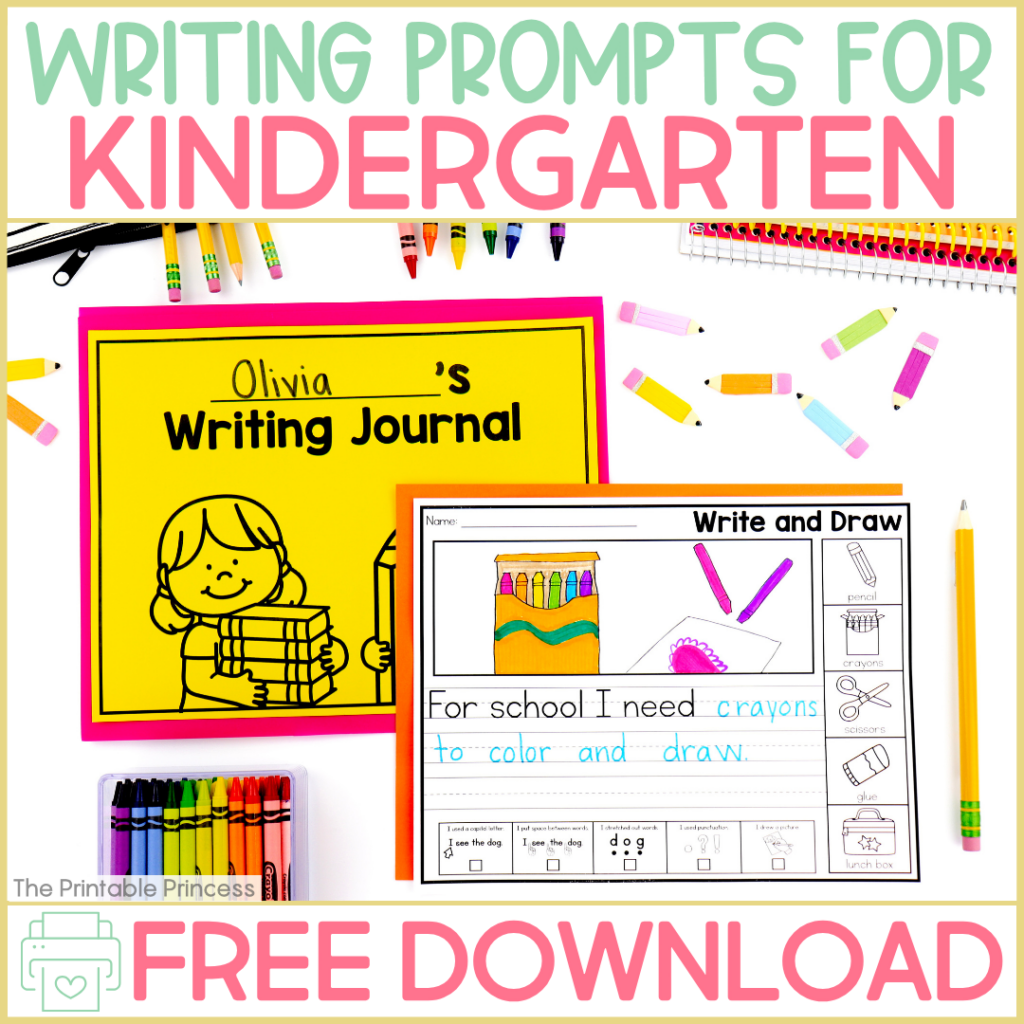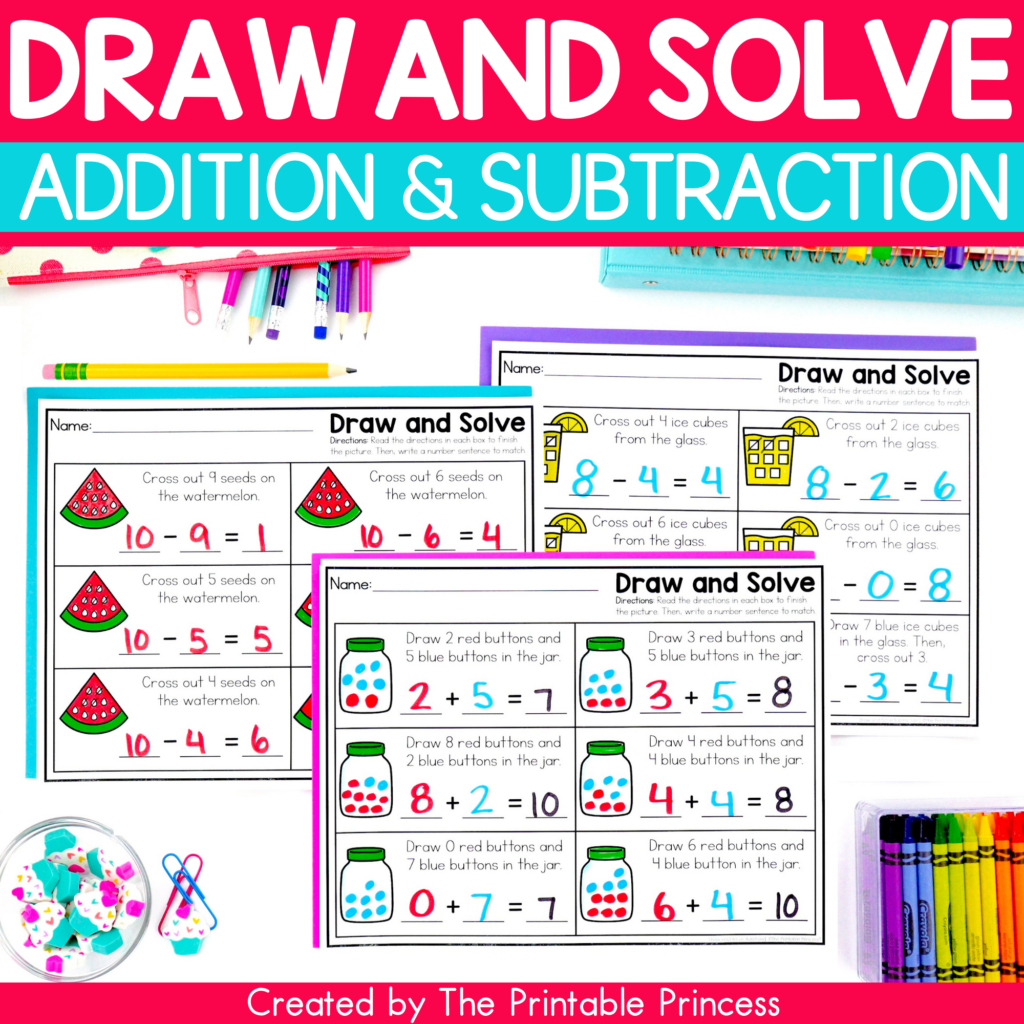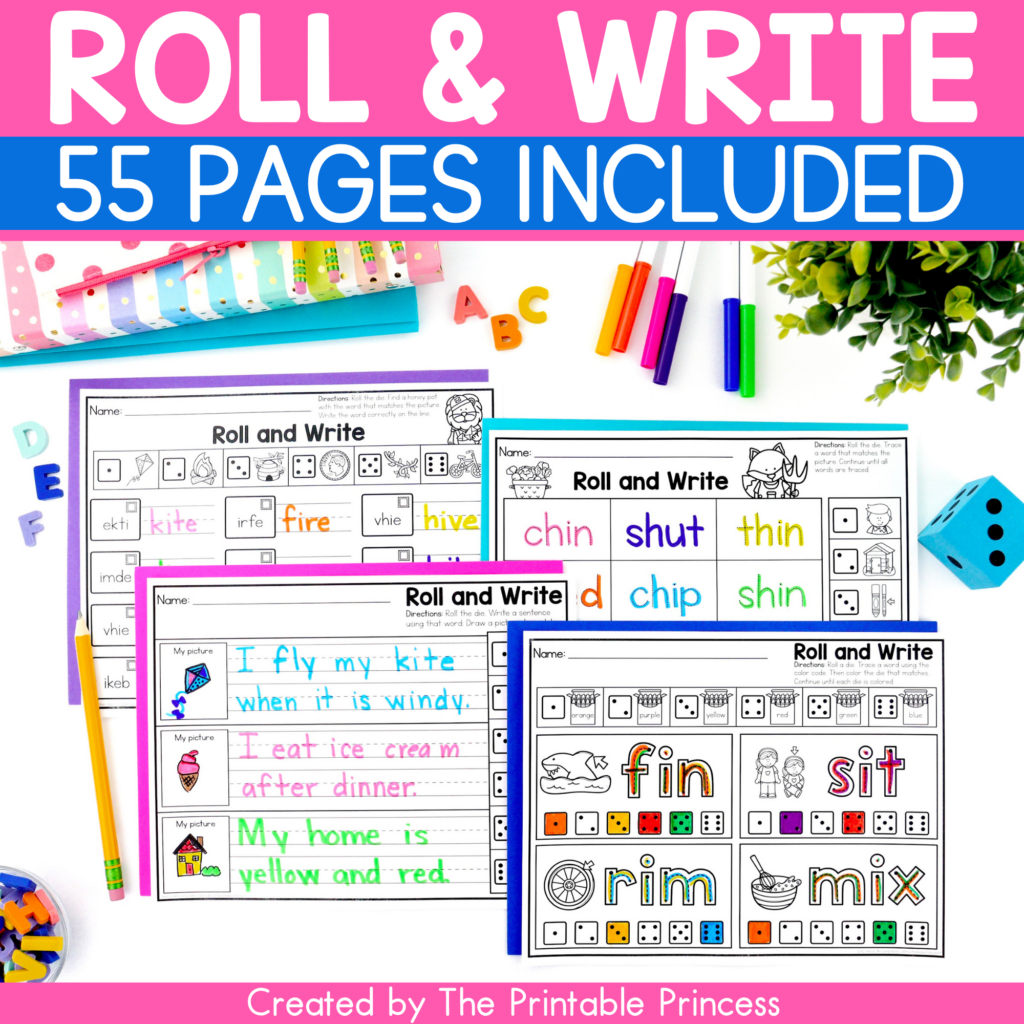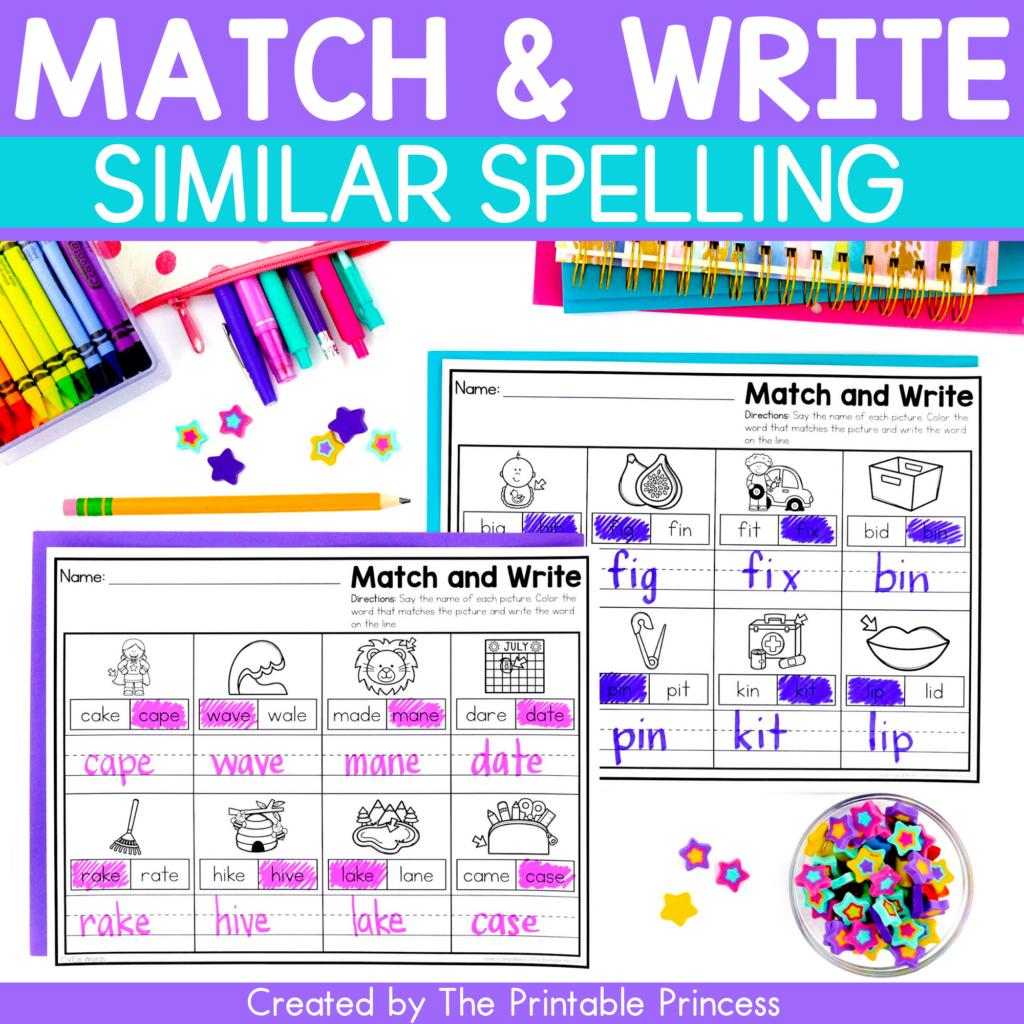Practical Tips for Writing Report Card Comments
When it comes to report cards, most parents simply want to know “Is my child learning? Are they where they where they are supposed to be? And do they have friends?”
They may not understand educational acronyms like SLP, IEP or SST. They are also probably not familiar with terms like benchmark, fluency, or grit. But parents are smart, and let’s face it- they know their child far better than we do. Most just don't happen have the professional training that we do as educators.
Therefore it’s our responsibility to inform parents of their child’s progress in the classroom in a clear and helpful way. And report card comments are a great tool to provide parents with authentic commentary that reflects their child’s unique strengths and challenges. Report cards also can include next steps for improvement.
Here are a few tips to help you write effective, accurate report cards comments.

This article, along with many other articles on The Printable Princess, contains Amazon affiliate links. If you purchase through the link I earn a small commission. Clicking these links does not cost you any extra but helps this website to keep great articles and freebies coming your way.
Tips for Writing Report Card Comments
1. Plan ahead.
Looking back and trying to sum up months of work is a difficult task without documentation. One of the best tools for keeping track of your students’ progress is an observation notebook.
At the beginning of each school year I put together a three ring binder with divider tabs, one for each student. This is a special binder that I treat myself to. I make sure it's pretty so I want to write in it often.
Behind each tab I include observation sheets, broken down by quarter, for documenting each student’s behavior, strengths, weaknesses and progress. I also include a simple parent communication log so I can quickly jot down when I've spoken to parents.
I wish I could say I write in them every day, but realistically I shoot for at least an entries or two per student each week. Jotting down notes on a regular basis makes report cards infinitely easier.
Another tip I have found for this system, is keeping post-it notes handy. When I'm short on time but need to document, I will write a super short summary and the date on a post-it note. Then I open my observation notebook and stick the post-it note on the student's page.
When I have time I go back and transfer the information on to the formal observation page.
I'll put a link to the student observation page at the end of this blog post.
2. Proceed with compassion.
As you summarize a student’s performance for the report card comments, think about what you would want to hear if this was your child. It's natural for parents to feel vulnerable when someone else is evaluating their child, especially families who have just recently entered the school years phase of life.
Every child has things to celebrate! Start with things the student is doing well before addressing any shortcomings, and keep the overall tone of your comments positive and encouraging.
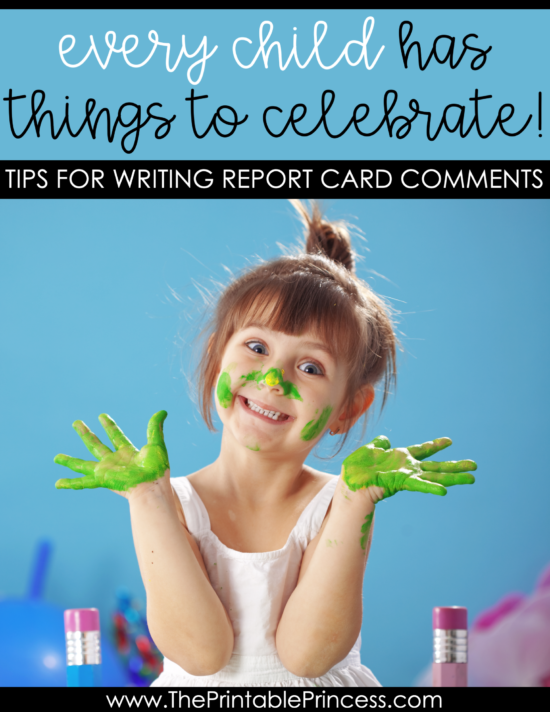
3. Be authentic.
Don’t be one of those teachers that copies and pastes the same canned report card comment for every kid. Take the time to think about each student and provide a personalized accounting that paints an accurate picture.
It's okay to have a few generic report card comments that you can tweak and tailor to each child. However if you are copy and pasting the same exact comment for each student, you might want to reevaluate your process.
When possible, include anecdotes and quotes that show you really know the child as an individual. Keep in mind that if your comments are not authentic, they’re not helpful.
4. Make sure the facts support your comments.
It’s very important to use the data available to you to provide an accurate report. Don’t give a child an unsatisfactory grade if you don’t have documentation to back it up. This is where keeping ongoing student portfolios comes in handy.
If there is a paper or assignment that you need/want parents to see, make a copy of it for your record. Send home the original but keep a copy to support the grade assigned on the report card. On your copy you can even make a note on the date it was sent home.
Report cards should give parents specific, detailed information about the concepts their child has mastered as well as areas that may need extra attention.
5. If there are issues, be honest about them.
If there is a problem the report card comments shouldn't be the first time a parent is hearing about it. Ideally you would first have a parent-teacher conference. But since report cards serve as documentation, it is important to have proof that you have expressed concerns in writing.
Sometimes it’s hard to address the challenges students face, but that is a very important part of your professional responsibility as an educator. The best way to address issues is through direct, yet tactful, communication.
Focus on how the issue, whether academic or behavioral, is impacting the child's learning and if applicable, the learning community as a whole.
From there you can mention one or two practical, actionable ways to help the child improve, especially ways parents can help support their child at home. Working together, you can accomplish the ultimate goal- providing their child with the best education possible.
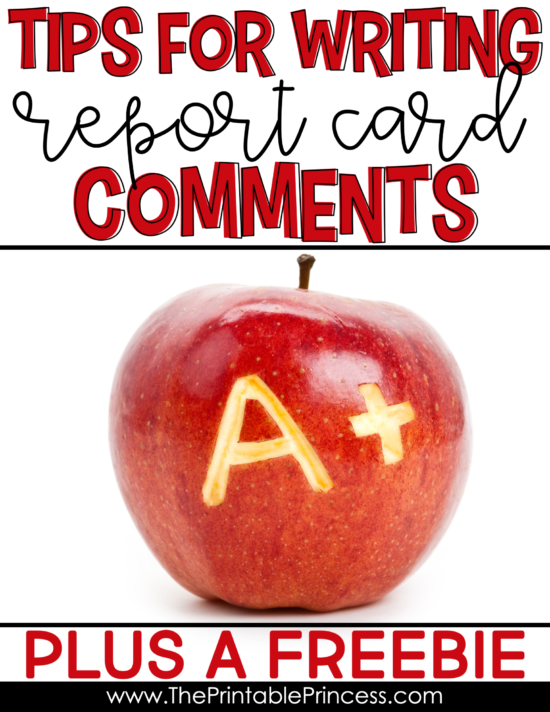
If you're wanting a copy of the observation page and parent communication log, you can download a copy by clicking here. It's nothing fancy, but it works for me.
Writing report card comments doesn't have to be a grueling process. Think of it as a valuable opportunity to make sure you're on the right track with your students as well as on the same page with your student's families.
Remember that with a little planning and lots of reflection, your input will provide the valuable professional insight that will only benefit your students in the long run.
Until next time,

